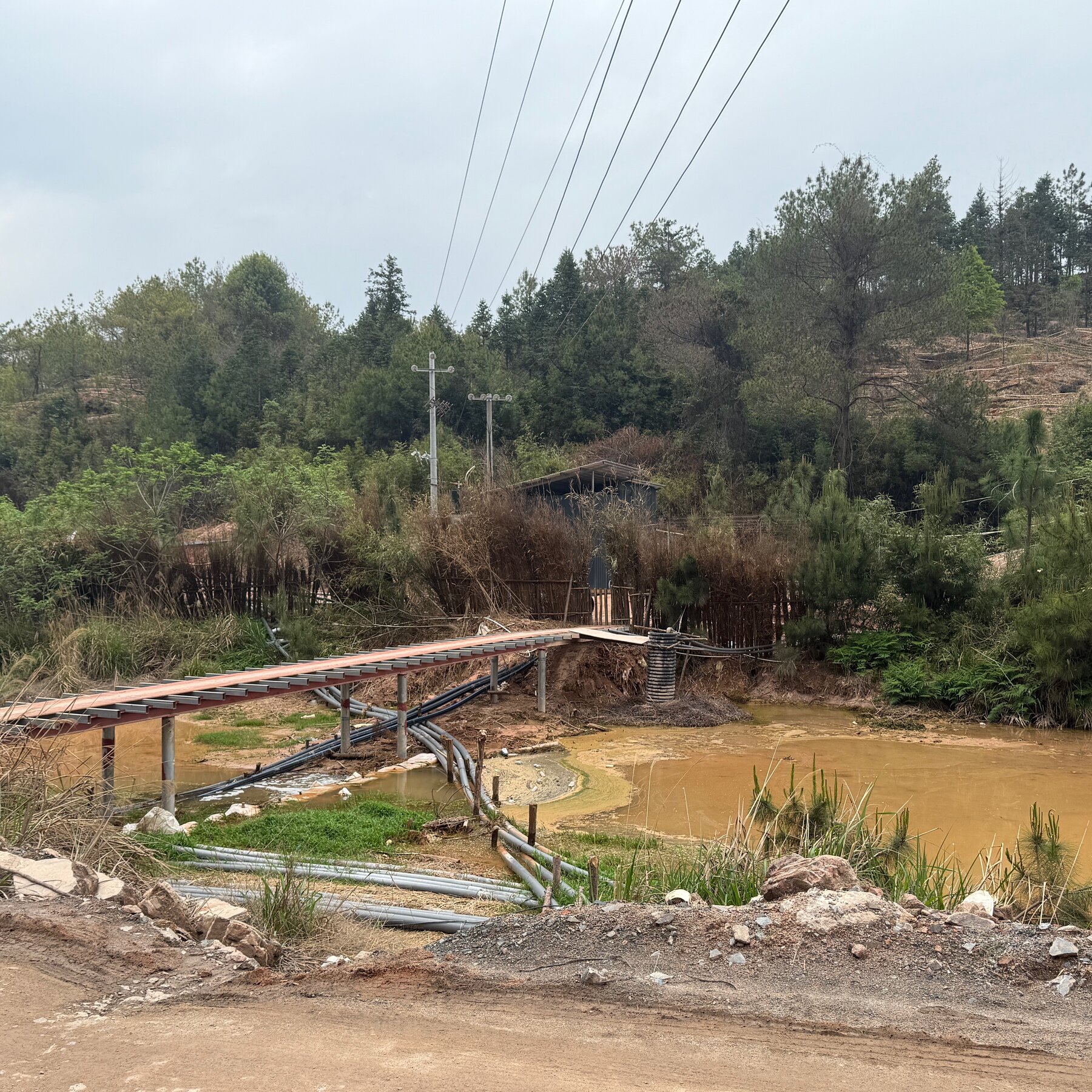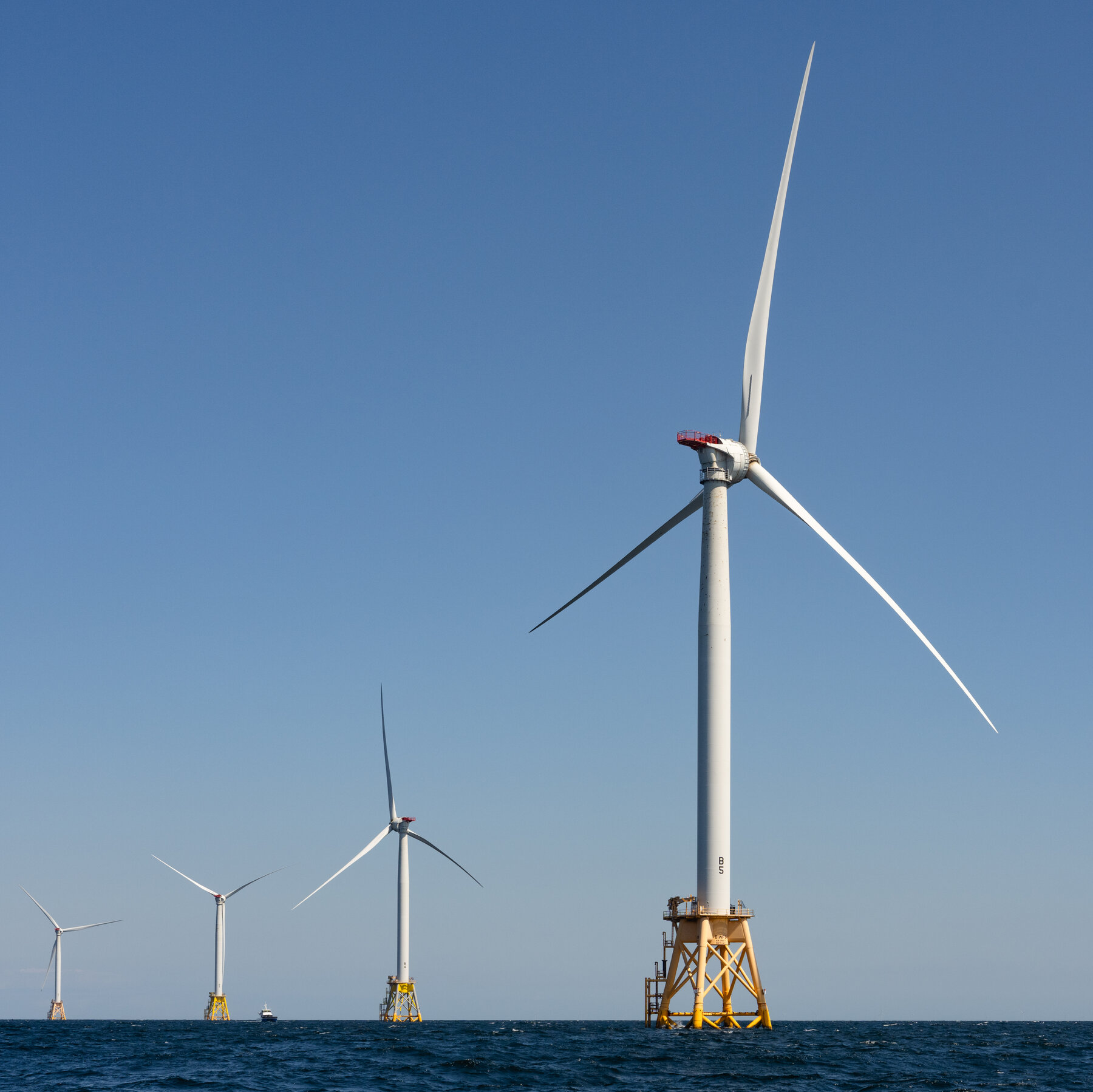A Plan for Private Jet Taxes to Finance Climate Action
Background
In response to the accelerating impacts of climate change, a coalition of a few forward‑thinking nations is proposing a new levy on high‑end air travel. The initiative targets private jet flights and the most expensive seats on commercial airlines, aiming to generate a dedicated stream of funds for climate‑related projects.
How the Tax Would Work
The suggested fee would be applied per flight, with rates varying according to the aircraft’s size, distance travelled, and the class of service purchased. For example, a private jet crossing the Atlantic could be charged a higher amount than a short‑haul regional jet, while a first‑class ticket on a long‑distance route would incur a modest surcharge compared with economy seats.
All revenues collected would be pooled into a global climate fund managed by the participating countries, ensuring transparency and accountability.
Intended Use of the Revenue
The money raised would be earmarked for two main purposes:
- Adaptation measures in vulnerable regions, such as flood‑defense infrastructure, drought‑resilient agriculture, and heat‑wave preparedness.
- Investment in mitigation projects, including renewable‑energy deployment, reforestation, and the development of low‑carbon transport alternatives.
International Support
While the proposal currently involves a limited group of countries, its architects hope the model will inspire broader participation. By demonstrating a practical way to monetize luxury travel emissions, they aim to set a precedent that could be adopted by the United Nations or other multilateral bodies.
Challenges and Criticism
Critics argue that the tax could burden a small, affluent segment of travelers without significantly curbing overall emissions. Others raise concerns about the administrative complexity of tracking private‑jet flights and enforcing the fee across different jurisdictions.
Outlook
Despite the hurdles, proponents remain optimistic. They contend that even modest revenue streams can make a meaningful difference when directed toward high‑impact climate initiatives. If the plan gains traction, it could become a pioneering example of using targeted taxes to fund the global fight against warming.







